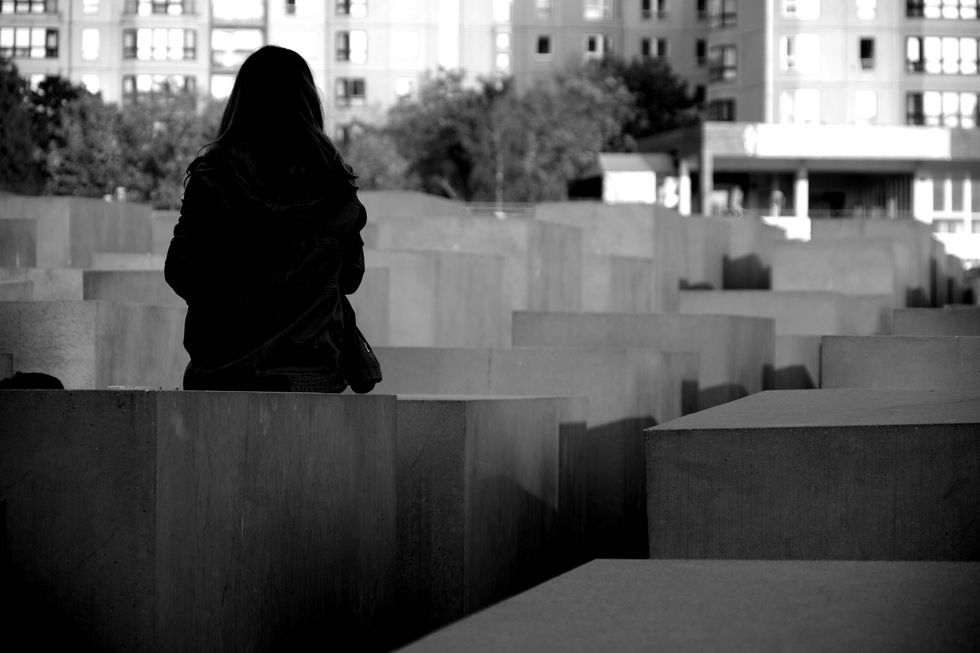Madison, Meredith and Mitchell: our group name was the Mambas, keeping with the alliteration, of course (and our teacher’s instruction to choose an animal name). The three of us sat together at a table for half of the fall semester in my physiology class, collaborating on middle-school-level worksheets we were expected to zoom through (and learn from?) and getting to know each other through the mutual pain of sitting through 75 minutes of that class twice a week. Complaints and frustration were common, but our conversations with each other were funny and constructive. I left my physiology final having made some new friends in the biological sciences community.
On February 26, I received a chilling text, “Someone in another fraternity died last night.” I was saddened, empathetic to hear of the loss, but could never have anticipated the chilling feeling I got when I recognized his name. It was Mitchell. The medical-school-bound, hilarious, humble, helpful Mitchell. He was gone.
Too many lives are cut short for a variety of reasons—genetic disease, accidents, drug or alcohol overdoses, pediatric cancers. I think about my 21 years on this planet and how I’ve spent it all keeping in mind the decades of my life that follow. But what happened to Mitchell could’ve happened to anyone – a snowy night out, gone wrong.
One look at Mitchell’s social media could tell you what kind of person he was. An outpouring of love, memories, photographs and sympathies filled his Facebook wall. Mitchell had truly lived, making connections and brightening the lives of everyone he met, including me.
Premature deaths serve as a reminder to everyone—especially young people—of the fragility and brevity of life. Every day, an infinite number of things go right within our bodies and in our external world, to keep us alive. The same heart beating in your chest has been working since before your birth; it’s tireless. Drivers follow the rules of the road when you are crossing the street to class. We take for granted the simplest miracles that allow us to survive and safeguard our dreams for the future.
I called my mom after the fatal school shooting in Parkland, Florida a few weeks back. I was scared. I was worried one moment I’d be studying for my upcoming exam and the next I’d be a corpse on the floor with a bullet hole through me. “It’s bothering me a lot this time and I don’t know why,” I told her.
She said to me, “We all have periods in our lives when we’re more in touch with our mortality. It’s terrifying when these things happen, but (not to diminish the lives lost) for millions of other children, it was just a normal, safe day at school.” When I called her again after Mitchell’s tragic death, she told me she “wished [she] could be there looking out for everyone’s children” when unfortunate events like this occur.
While we can’t predict the expiration date of our own lives, we can choose to fill our days with meaning. We can make friends, look out for one another, enjoy small victories, reminisce about good times and—tentatively—look forward to the future.
Our lives continue in the wake of these deaths. But, we must learn from them on a societal and individual level. Stay present, help others, be humble like Mitchell, don’t be remembered for your selfishness or arrogance, but rather your compassion and generosity. I think these times where we’re “more in touch with our mortality” serve to help us value every day and to make difficult decisions that will change the course of our future actions and present happiness.
RIP Mitchell and the victims of the Parkland, Florida shooting. Though your lives were too short, they were not in vain. Rest easy up there.














